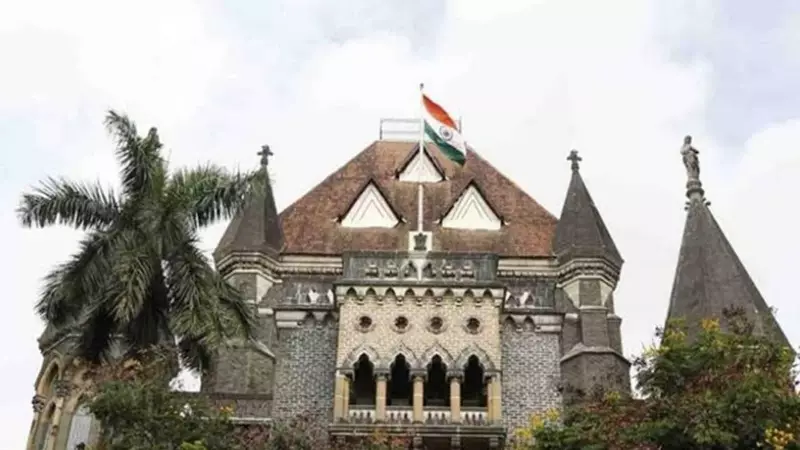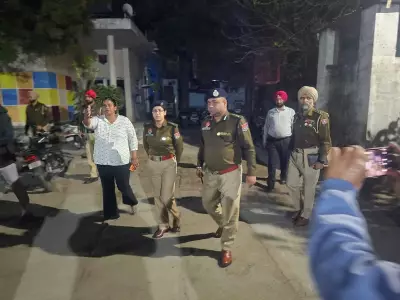
In a significant judicial intervention that has reignited democratic processes within one of Mumbai's oldest institutions, the Bombay High Court has overturned a contentious order that had brought the Asiatic Society's electoral proceedings to a grinding halt.
Court Restores Democratic Rights
The bench of Justice Girish Kulkarni delivered a decisive verdict, setting aside the Assistant Charity Commissioner's December 2022 order that had effectively frozen the Society's election schedule and membership validation process. This ruling clears the path for the 219-year-old institution to resume its long-pending electoral exercises.
The Contentious Order Overturned
The legal battle centered around the Assistant Charity Commissioner's directive that had mandated the Society to completely overhaul its membership list before proceeding with elections. The court found this requirement overly burdensome and impractical, noting that it would have indefinitely delayed the democratic process within the prestigious institution.
Fresh Timeline for Electoral Process
In a pragmatic approach, the High Court has established a new framework for conducting the elections. The ruling specifies that the existing provisional membership list should form the basis for the electoral roll, while simultaneously directing the Society to undertake a verification process to identify and remove any ineligible members.
The court emphasized that this parallel process would ensure both democratic continuity and membership integrity without causing unnecessary delays in the Society's governance.
Historical Institution Gets New Lease of Life
Founded in 1804 as the Literary Society of Bombay, the Asiatic Society of Mumbai represents one of the city's most important cultural and intellectual landmarks. The institution has been at the forefront of preserving historical documents, including ancient manuscripts and rare books, while serving as a vital center for academic discourse.
The High Court's intervention marks a crucial turning point for the Society, ensuring that its governance structures can function democratically while maintaining the institution's legacy of academic excellence and cultural preservation.
This judgment is being seen as a victory for democratic processes within heritage institutions across Maharashtra, setting an important precedent for how historical societies balance membership verification with electoral continuity.






